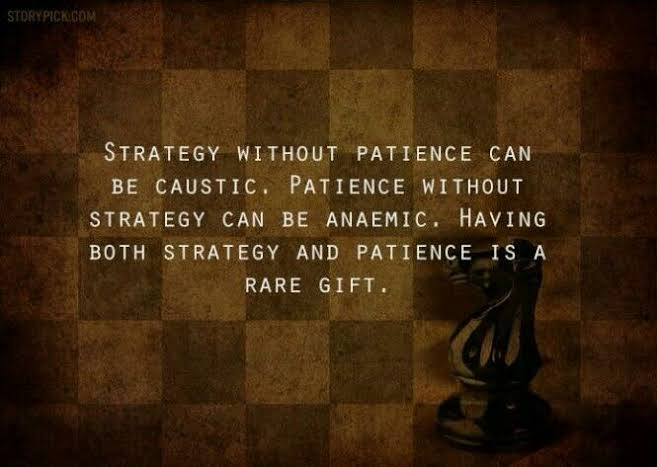Life lessons from chess
Life Lessons from Chess: A Game Beyond the Board
Introduction
Chess is more than just a board game; it's a mental battlefield where strategies are formed, decisions are made, and consequences are faced. The lessons one can glean from chess extend far beyond the checkered squares. In this blog post, we'll explore the valuable life lessons that chess imparts upon those who engage in this ancient and intellectually stimulating game.
1. Patience and Planning
Chess teaches us that success often requires patience and careful planning. Rushing into moves without considering the consequences can lead to disaster. Similarly, in life, impulsive decisions may not yield the best outcomes. Taking the time to strategize and plan for the long term can be the key to success.
2. Critical Thinking and Problem-Solving
Chess is the ultimate exercise for the brain. It demands critical thinking and problem-solving skills. In life, we often encounter complex challenges that require us to analyze situations, make decisions, and adapt to changing circumstances. Chess hones these skills, making us better equipped to face life's challenges.
3. Adaptability
In chess, no two games are the same. Each move by your opponent can change the dynamics of the game. Learning to adapt to these changes is crucial. Life is similarly unpredictable, and the ability to adapt to unexpected situations is a valuable skill. Chess teaches us that rigid strategies can lead to defeat, and flexibility is key to success.
4. Responsibility for Our Choices
Every move in chess is a conscious decision, and players must take responsibility for their choices. Likewise, in life, we must own our decisions and their consequences. Chess teaches us that blaming external factors or luck is counterproductive. Taking responsibility empowers us to learn from our mistakes and make better choices in the future.
5. Perseverance and Resilience
Chess players often face challenging situations where victory seems elusive. Yet, they learn to persevere, analyze their mistakes, and continue playing. Life, too, is filled with ups and downs. Chess teaches us that setbacks are opportunities for growth. Through perseverance and resilience, we can overcome adversity.
6. Time Management
Chess has a built-in timer, emphasizing the importance of time management. Players must allocate their time wisely to avoid running out of it during a critical phase of the game. In life, effective time management is essential for achieving our goals. Chess imparts the importance of making the most of the time we have.
7. Learning from Defeat
In chess, losses are inevitable, even for the greatest players. However, each loss provides an opportunity to learn, improve, and refine one's strategies. Similarly, in life, setbacks and failures can be valuable teachers. Chess teaches us that defeat is not the end but a stepping stone toward future success.
Conclusion
Chess is not just a game; it's a teacher of life lessons. From patience and planning to critical thinking and resilience, the skills developed at the chessboard can be applied to various aspects of our lives. Whether you're a chess enthusiast or a novice, the wisdom of this ancient game can help guide you on your journey, both on and off the board. So, the next time you play a game of chess, remember that you're not just moving pieces; you're learning valuable lessons for life's grand strategy.







Comments
Post a Comment